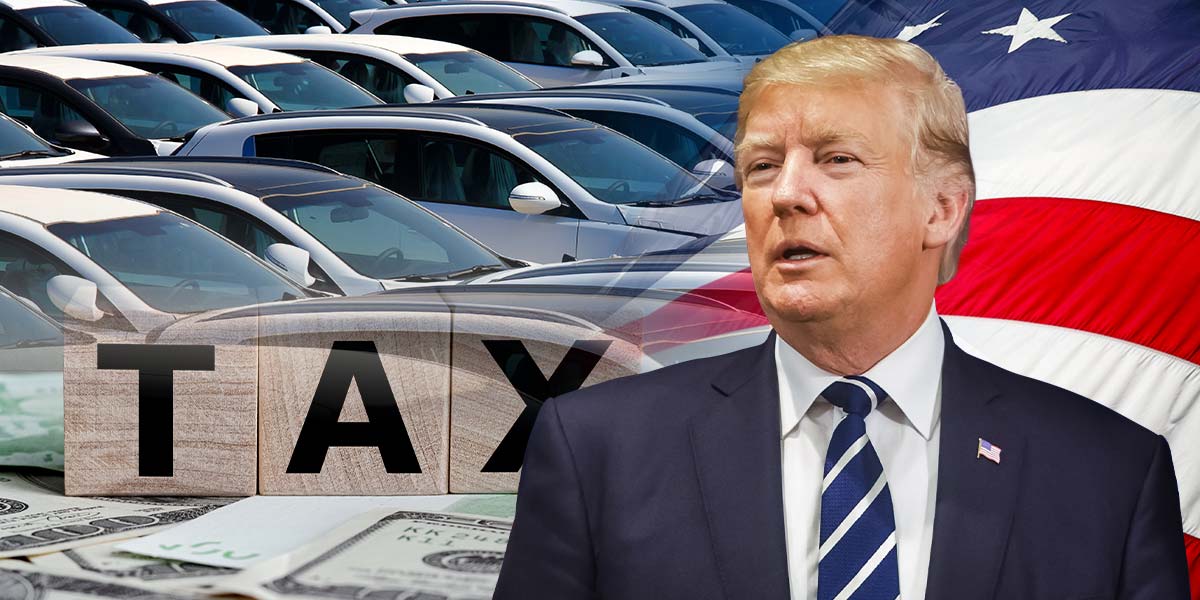President Donald Trump has delivered on his pledge to impose significant tariffs on foreign automakers and parts, with a 25% duty now targeting all imported cars, light trucks, and specific auto parts not manufactured within U.S. borders. These tariffs, coming into effect on April 2, aim to bolster annual revenue by approximately $100 billion, according to White House projections.
The introduction of these tariffs is part of Trump’s strategy to bolster U.S. industry and offset the economic impact of his proposed tax cuts. Collections from the tariffs will start on April 3, coinciding with Trump’s planned announcement of other retaliatory tariffs against nations that significantly contribute to the U.S. trade deficit.
While these measures predominantly affect international automotive manufacturers, domestic giants Ford, General Motors, and Stellantis have also expressed apprehension due to potential disruptions in their global manufacturing networks. These companies, with extensive operations in Canada, Mexico, and China, foresee increased production costs stemming from the tariffs’ influence on supply chain expenses.
In 2024, the U.S. imported $474 billion in automotive goods, including $220 billion worth of passenger vehicles. Countries such as Mexico, Japan, South Korea, Canada, and Germany, which are among the top exporters to the U.S., find themselves directly impacted by these tariffs. Although initially targeting fully assembled vehicles, the executive order extends the tariff scope to encompass components like engines, transmissions, powertrain parts, and electrical systems.
Dubbed “Liberation Day” by Trump, April 2 marks his declaration against what he perceives as unfair trade practices, aiming to rectify what he asserts are injustices committed by other nations. Expected increases in car prices range from $3,000 to $12,000 for non-luxury vehicles, as per various industry analyses.
The new tariffs have met with international disapproval, with European Commission President Ursula von der Leyen criticizing them as detrimental to businesses and consumers alike. Canadian Prime Minister Mark Carney described the actions as a direct affront to Canadian labor.





